In Paris, the 'coalition of the willing' has committed itself to continuing to support Ukraine with weapons and ammunition and even deploying European NATO troops to Ukraine's territory, while the the United States is attempting to push for a ceasefire and then peace negotiations between the warring parties, Jozsef Horvath told Magyar Nemzet. It is a tragedy in itself that the European Union has reached this point, the security policy expert emphasized.
If we look at the events of the past few weeks in many European countries, starting with the fact that the general staffs of several Western European countries have published materials about how Russia will attack Europe in two, three, or even five years, we can see that European citizens are being conditioned for war,
Jozsef Horvath added. He highlighted that in Germany, there is talk of preparing healthcare institutions for wartime conditions, while in several Western European countries, authorities have demonstratively started assessing the availability of shelter capacities in major cities.
In fact, Western politicians are trying to divert attention from the policy which has resulted not in Russia being brought to its knees since the beginning of the war, but rather the economy of in the European Union,
stated the director of the Sovereignty Protection Research Institute.
In response to a question from Magyar Nemzet, Jozsef Horvath explained that the average European citizen is completely unprepared for any kind of military conflict.
In Central Europe, we experienced life on the bad side of the Iron Curtain until the regime change. Because of this, perhaps the healthy life instinct has remained stronger in Central European countries than in the West, where citizens have grown accustomed to living in a welfare state, with the government ensuring a proper standard of living, and citizens take for granted that Europe has become a continent of peace,
Jozsef Horvath emphasized. The expert revealed that in Western Europe, no measures have been taken in recent decades to maintain or strengthen the real defense capabilities of the states.
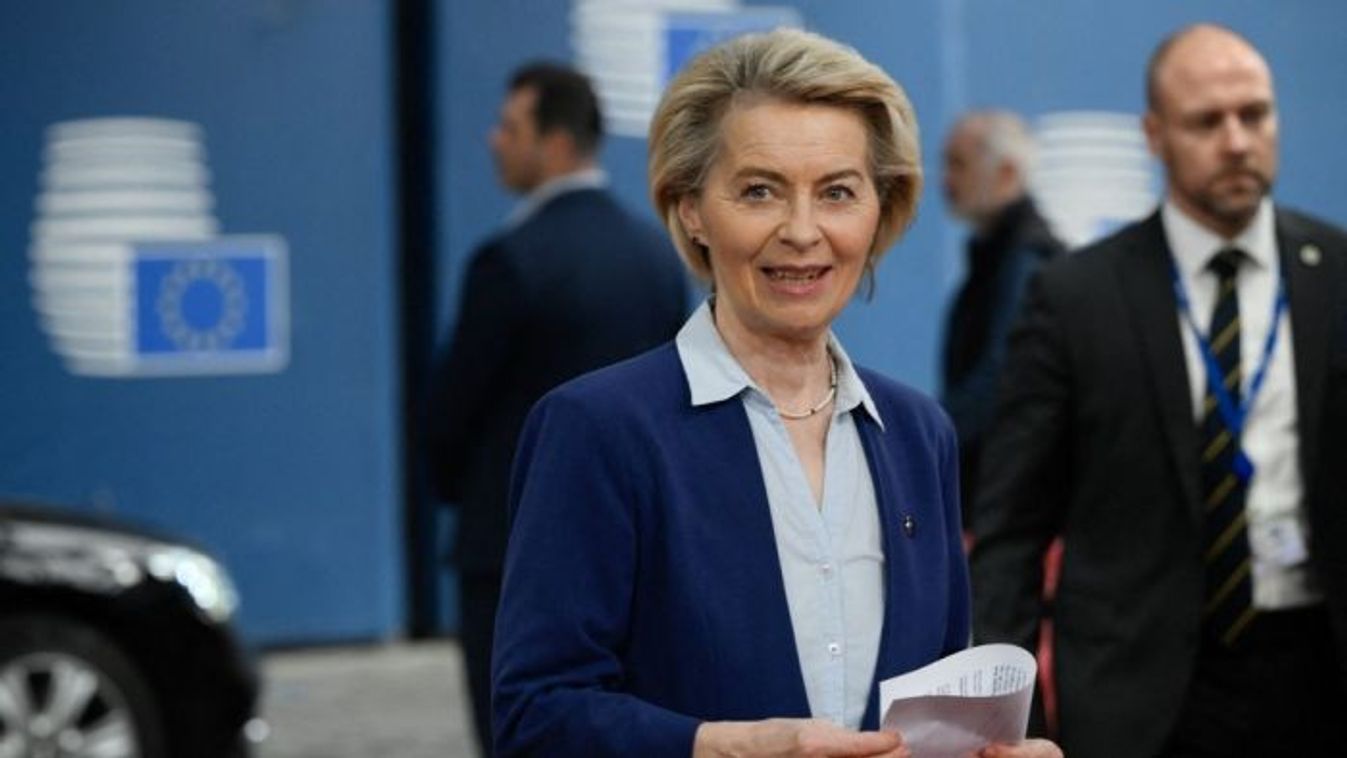
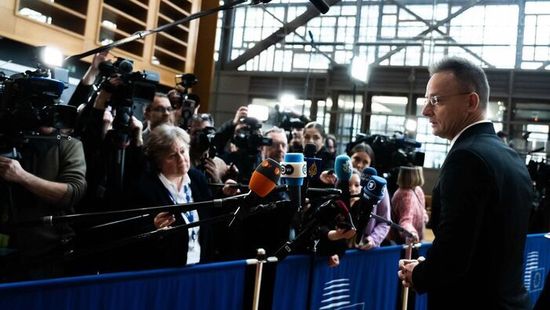
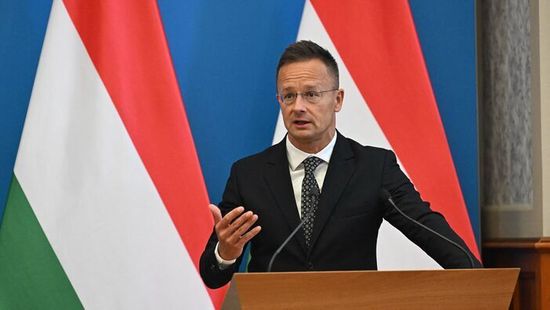



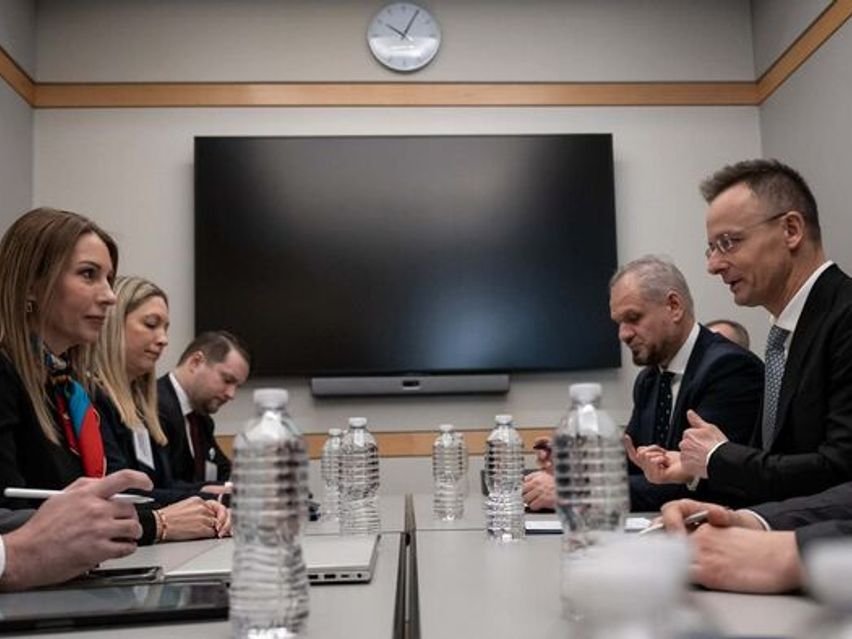
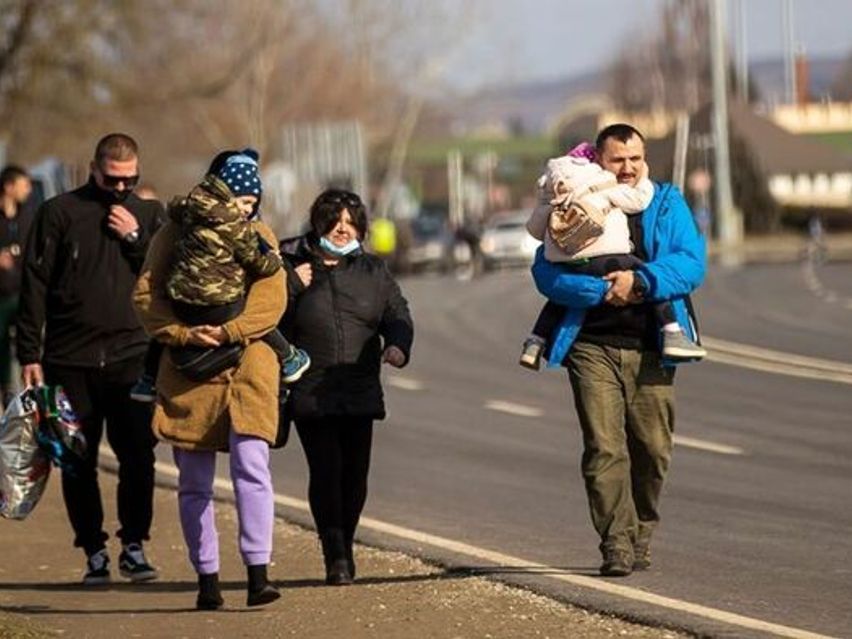
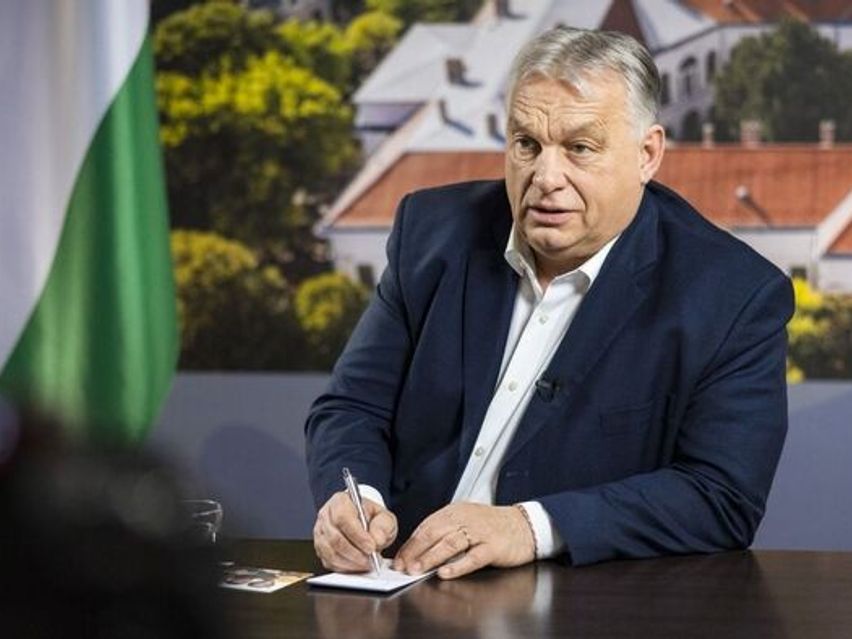



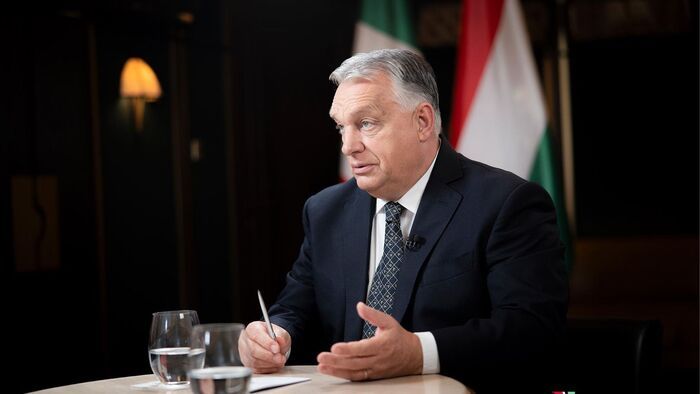


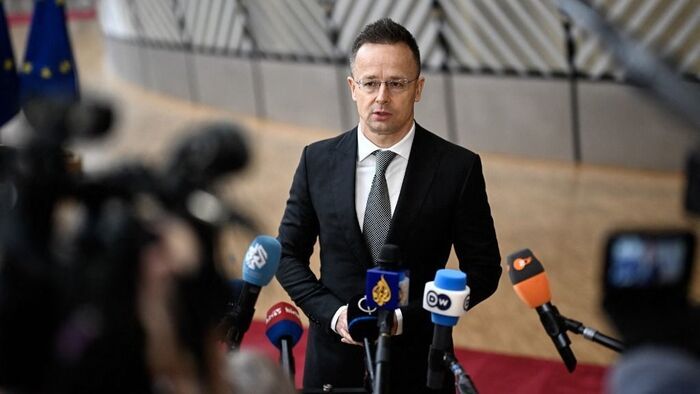
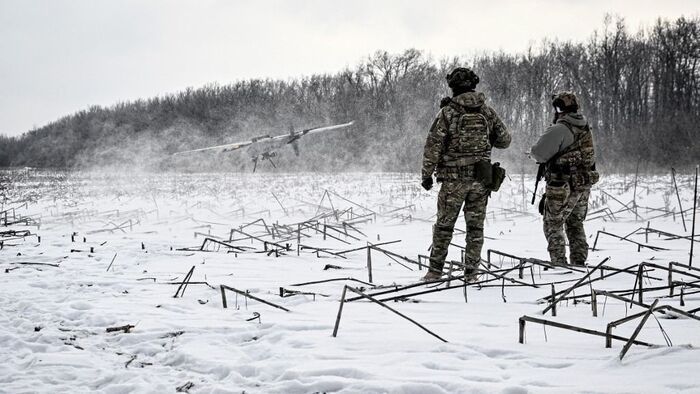
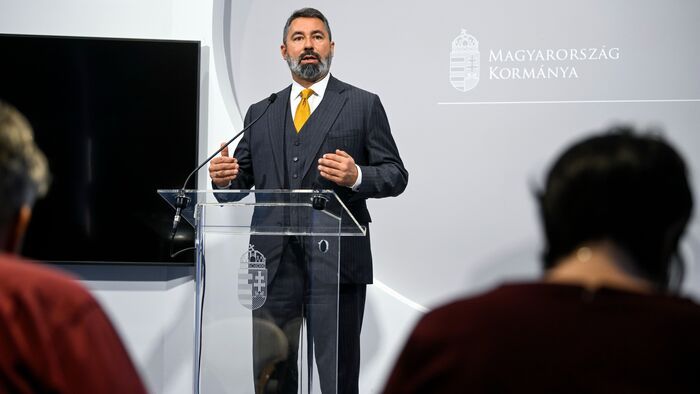


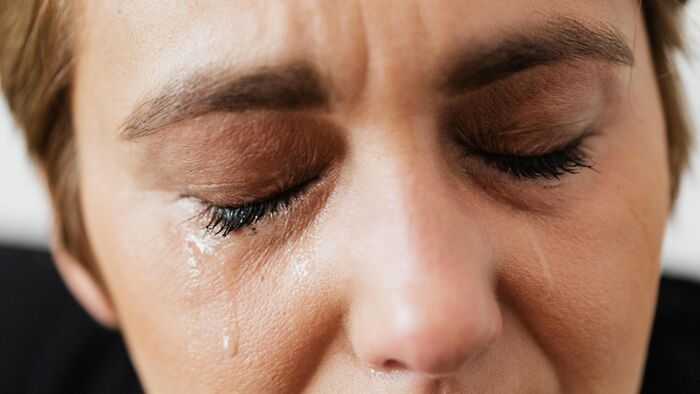


Szóljon hozzá!
Jelenleg csak a hozzászólások egy kis részét látja. Hozzászóláshoz és a további kommentek megtekintéséhez lépjen be, vagy regisztráljon!